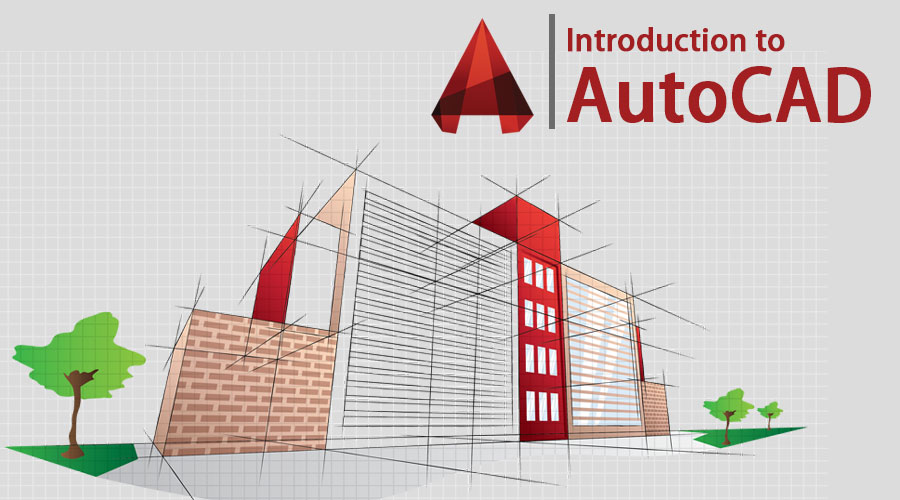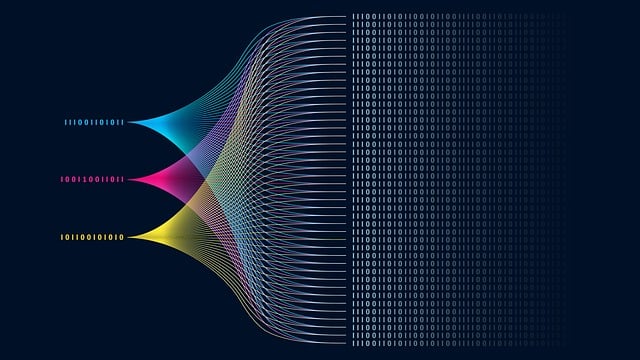AutoCAD is ruling the design world!
Gone are the days when architects and engineers had to draw every detail from scratch with a pencil! The designing and drafting world today are using advanced technology of drafting designing and all of this has become possible with the help of a powerful tool that is AutoCAD!
Starting from designing homes to automation parts, AutoCAD is today’s necessity for all engineering and non-engineering industries.
If you are looking for an AutoCAD course via online or offline mode too, this article will help you make a clear and informed choice. Lets first understand what AutoCAD is and why is it given such a unique name.
What is AutoCAD?
AutoCAD is the star product of Autodesk!
CAD stands for computer-aided drawing. Engineers and designing experts have now transformed how they are designing automotive parts, house plans, and other manufacturing tools.
Over 100 million users are using Autodesk software including AutoCAD, Autodesk Revit, Fusion 360, 3Ds max, and several other software. If you think using AutoCAD is restricted to planning house layouts, this article will open your eyes.
Here, we will discuss what AutoCAD is and why it is called so. After that, we will elaborate uses of AutoCAD in different domains and how it has made drafting and designing much easier. Due to these reasons, the demand for certified AutoCAD users has boomed over the years.
Do you know AutoCAD online course is one of the most searched tech courses online? Are you wondering why is it so? This is because the AutoCAD course allows you to explore different domains and complete the designing and drafting tasks with accuracy and efficiency.
This software is used to attain accuracy while drawing different shapes and components of an engineering drawing. For drawing planes, curves, straight lines, polygons, and other possible shapes, AutoCAD offers more than 20 different commands.
Not only the drafting but AutoCAD is quite efficient in 3D modelling as well. However, the main purpose for which AutoCAD is used is restricted to working drawings, functional drawings, elevations, and detailed sections in 2D.
But what is the actual use of 2D and why is it called software for all manufacturing designs?
There are different purposes for which AutoCAD is used by engineering experts. Lets look at the several types of commands AutoCAD offers for these tasks.
Types of commands in AutoCAD
From lines to polygons, make everything with AutoCAD.
More than 25 commands can be used in AutoCAD to form different components and develop drawings.
The divisions in which the types of commands in AutoCAD can be divided are given as:
- Draw commands: These commands allow you to draw lines, polygon, polyline, oval shapes, circles, arches, and other shapes. You can use accurate data for these shapes.
- Modify commands: AutoCAD allows you to move, copy, rotate, and others to edit any components as per your requirement in the drawing.
- Annotation commands: To signify the dimensions of the components in the drawing, the annotation commands are used. You can mention the dimensions of each part for ease in studying the drawing and constructing the same.
- Other commands: You can also set up layers in which you will separately work on AutoCAD. Also, different commands for adjusting your setup and the way your design will look are provided by AutoCAD.
Lets discuss how these commands are used for drawings belonging to different domains.
Uses of AutoCAD
AutoCAD is a synonym for versatility!
Different industries use AutoCAD for their design and drafting purposes. Following are how different professionals use AutoCAD:
- Civil engineering: Various layouts, elevations, plans, and section drawings of different commercial and residential projects are developed on AutoCAD. These drawings are developed in 2D to ensure that the actual site situation is portrayed properly.
- Rail and marine: Developing blueprints of different components of rail and marine is done on AutoCAD. Minute detailing of such components is quite important and can be done efficiently on AutoCAD software. All you need to join the rail and marine drafting team is an AutoCAD online course.
- Automotive: From cars to bikes and trucks, every automotive comes with thousands of components. Each segment of an automobile is designed and drafted on AutoCAD. With the efficiency of drafting different shapes and sizes with accuracy, AutoCAD proves to be the right fit for automotive parts design
- Electrical equipment: Various electrics come with a huge number of circuit designs. Each segment of an electronic device is carefully drafted in AutoCAD with extreme accuracy.
This is how every sector is using AutoCAD today for designing their respective engineering tools. Lets explore the job opportunities that you will get after completing your AutoCAD course.
Jobs in AutoCAD
Open the gate to exciting opportunities with AutoCAD!
Making 2D and 3D models have now become a necessity for the engineering industry today.
With this revolution in the industry, every company needs skilled and certified employees who can create AutoCAD drawings for their respective work. The average salary of AutoCAD professionals is about 3 Lakhs per year.
Following are the three main categories in which the AutoCAD course and certification holders are given jobs:
- AutoCAD drafters: To make working drawings of the components, the drafters are responsible. Drafters are given designs by the design and engineering team which they have to efficiently draw the same on the CAD software
- AutoCAD engineer: You might have to design the components along with convert them into a computer-aided drawing. Various floor plans, automotive parts, and others belong to the working domain of an AutoCAD engineer.
- Industry experts: When it comes to electronics, designers with knowledge of electronic circuits on CAD are given higher preference.
Winding up
If you belong to an engineering background or wish to join it, an AutoCAD course is a necessity for you to survive. Even if you are a student, you can choose an AutoCAD online course to up-skill yourself and compete with the other engineers!
by Rajat Patel
























